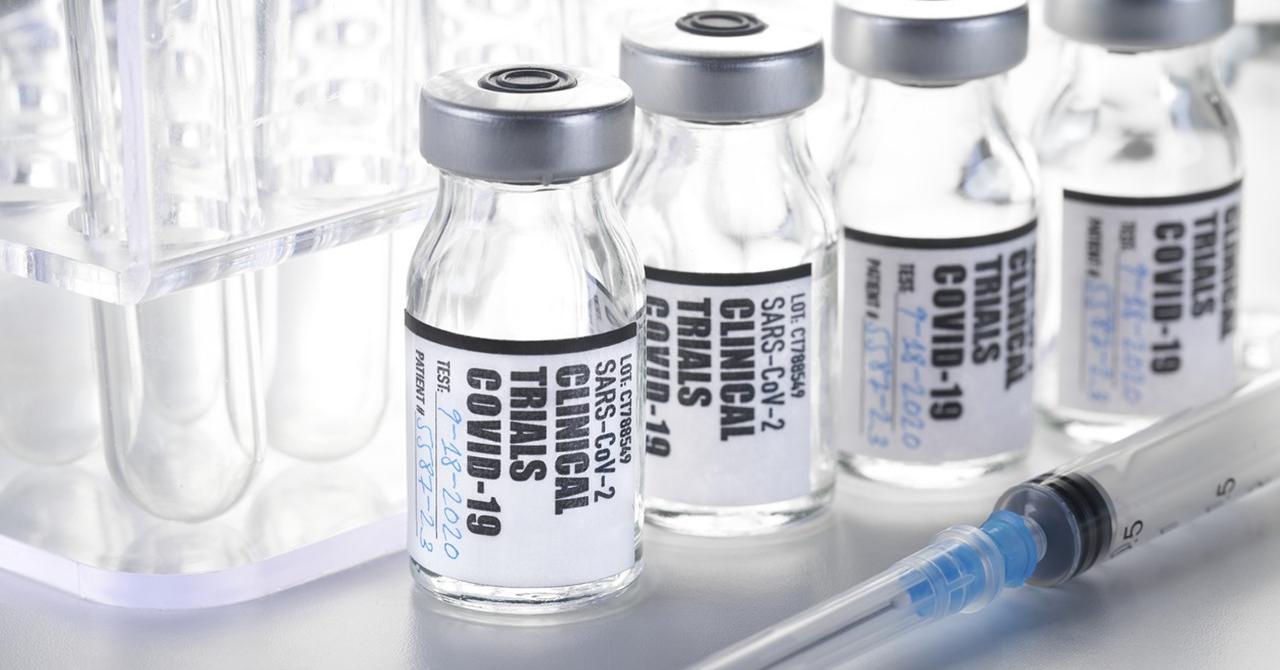
Vaccines are frequently collaborative efforts across sectors of society, with private pharmaceutical firms teaming up with public health agencies or university labs. However, many experts believe that herd immunity for this coronavirus is unreachable due to uneven vaccination rates, vaccine hesitancy, and the proliferation of new strains. Chicken pox, measles, mumps, and polio are all examples of diseases for which the United States has achieved herd immunity due to vaccines. When most of a population has been vaccinated and is immune to a particular disease, even those who are not immune are considered protected because the likelihood of an outbreak is small. Several approved COVID-19 vaccines use viral vectors, such as that by the University of Oxford and British-Swedish company AstraZeneca. No vaccine of this kind had ever been approved for commercial use in humans before the COVID-19 pandemic.Īdditionally, some COVID-19 vaccines rely on viral vectors, or modified versions of a different virus, to prompt an immune response. pharmaceutical giant Pfizer and partnering German firm BioNTech and by U.S.-based Moderna use mRNA, or messenger RNA. There are also several types of vaccines that use the virus’s genetic material-DNA or RNA-to prompt the body to create antibodies. Another well-established method uses isolated proteins from a virus, or fragments of them, to stimulate an immune response U.S.-based Novavax’s COVID-19 vaccine is protein-based. Sinopharm’s COVID-19 vaccine, which contains inactivated coronaviruses, is one example. Traditionally, vaccines are dead or weakened virus molecules-known as antigens-that trigger defensive white blood cells in the immune system to create antibodies that bind to the virus and neutralize it. Close to three years after COVID-19 emerged, nearly one-third of the global population is yet to receive a vaccine dose. However, many others-mostly in Africa-have vaccinated only small fractions of their populations. In dozens of countries, at least three-quarters of the population has been fully vaccinated Qatar, Singapore, and the United Arab Emirates are among those with the highest immunization rates. By the end of 2022, over thirteen billion doses had been administered worldwide. More than thirty vaccines have been approved for general or emergency use in countries around the world. What is the status of COVID-19 vaccinations globally?

However, the immunization of a critical mass of the world’s population-which is crucial for ending the pandemic-continues to confront challenges, including new strains of the virus, global competition over a limited supply of doses, and public hesitation about the vaccines. The COVID-19 Pandemic and China's Global Health Leadership


 0 kommentar(er)
0 kommentar(er)
